
Today we are full of data and information that not everyone can follow and understand and for this reason is spreading what’s called infographics. We can say that the proposed data cuisine produces a sort of ‘infofood’? Why you think it’s important to use food as a means of communication, or even as a means of information?
A lot of communication takes place around food. We are sitting around the dinner table, eating and having conversations. We stand in our kitchen, while we cook and talk. Food and communication are closely connected, both are social, and they can be personal and emotional. We just took this idea one step further by creating food and cooking meals as means of communication. We were interested to see if translating numeric information into tasty dishes would create different and more personal experiences of data. And it did. First of all, we all, both teachers and participants, learned a lot about Helsinki and Finland. We used local and national Open Data of all sorts. Of course, this data represents much more than simple facts, it tells stories about the Finnish society that most of us were not aware of. Then we used a lot of local ingredients like salmon, red beets, reindeer, suppilovahvero (a Finnish winter mushroom) and blueberries to make up dishes.
This meant learning a lot about the ingredients themselves, where they come from, how they are grown and harvested, about their nutrients and cultural meanings. I suppose that we were all quite surprised about the individual approaches and different results that the participants produced. Some decided to make a quite literal translation from numbers into amounts of ingredients. Others worked on the idea of the map and visualised the location-specific data. Again others tried to work less with the visual design but differences in taste. In that way all dishes were informative.
In the Open Data Cooking Workshop that you recently did in Helsinki participants were to prepare a dish combining ingredients and data. In your opinion, was it difficult for them to participate in the workshop and revise data with food?
Open Data Cooking is a very unusual experiment that nobody tried before. On the first day we gave introductions into information visualisation and cooking, local and seasonal cuisine as well as the situation of open data. Then we asked participants to do a exercise in which they had to randomly pick two data topics and four ingredients and think of meaningful relations between them and come up with ideas for dishes. It takes quite some associative thinking and imagination to bring those things together and it’s naturally easier for people with a creative practice.
Do you think that, with regard to the visual approach, this one could be more incisive for conveying information than others? In your opinion, can somebody external understand this data more easily?
Making up recipes, cooking, arranging food and tasting it is certainly not the straightest way to represent and understand data, but it is a a very sensuous and personal one. I would not necessarily speak of easy understanding, but of a deeper experience of data and its meaning.
Not so many people are interested in a so specific way in the relationship between food and data. Which is or was the deep need that brings you and your collaborators to start this research?
Most importantly I was looking for an interesting way to make people look at publicly available data and deal with it in an non-standardised way. I believe that art and design processes like the collective research we are talking about, enable us to see our society from a very different angle than the one that is presented to us by science, politics, history or mass media.
I saw some of the dishes that have been made during the workshop and they are very communicative, inviting and very different from each other. How important do you think is the sensibility of the creator who is preparing the dish? How important is his/her background?
The participants in this workshop had different backgrounds ranging from law student to software programmer. But that did not necessarily define their individual approaches. But they were all curious and open minded which I believe is a necessary prerequisite for such a collaborative research experience.
If we ask you to realise now a dish in line with data cuisine, which culinary variables and data would you put together?
A topic which I came across in our Helsinki workshop was gender related difference in salary. Women with the same qualification as men on average are paid less than them in most European countries. Surprisingly, in Germany this gender gap is smaller than I expected it to be. So I would probably compare women’s and men’s wages of another country like France where the difference is blatant. And I would choose potatoes because I associate them with women more than with men and green beans to represent the male. But this is just a first and spontaneous idea and at our workshop I learned that the deeper you go with research on the ingredients, the better ideas you produce.
This interview was published in Essen magazine, a Milano based on-line magazine. Questions by Giulia Tacchini, answers and reblogging by Susanne Jaschko, prozessagenten.
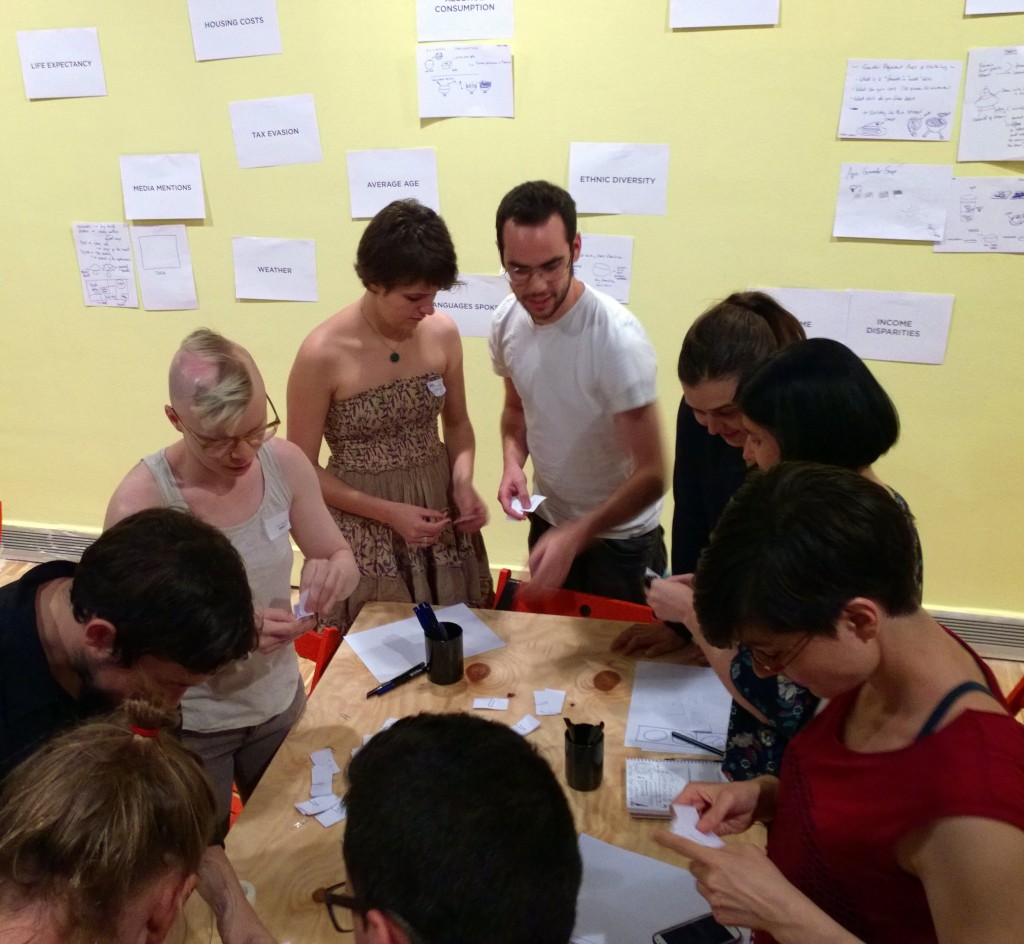
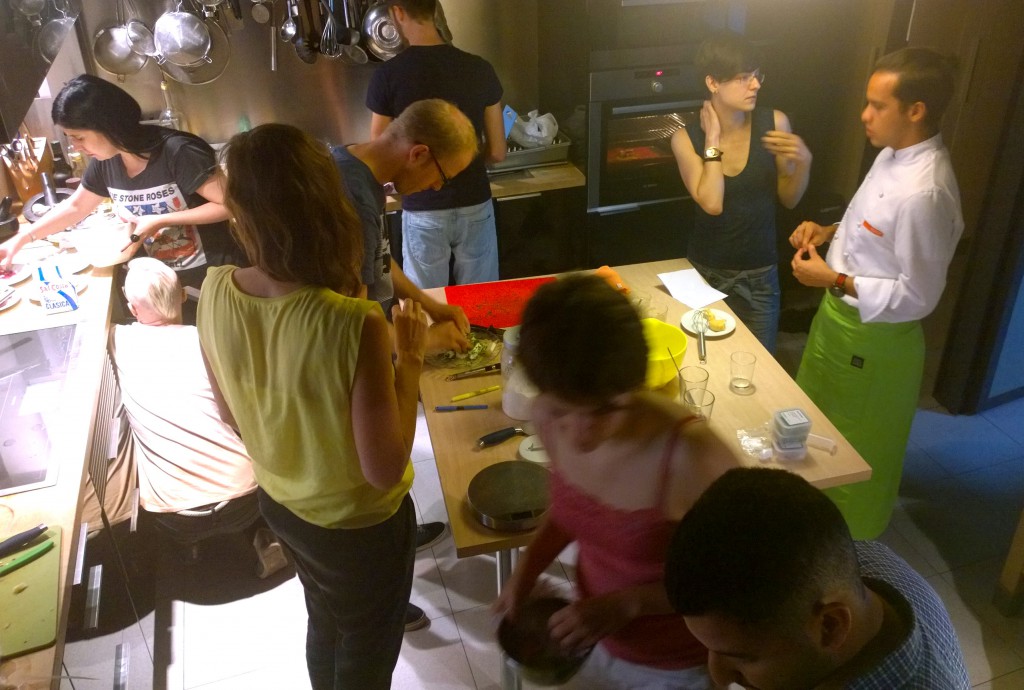 We spent the second half of the workshop in the kitchen, where the participants refined their recipes and made first tests and prototypes. On the last day, the participants, of which many worked in groups of two or three, produced their final dishes. The workshop ended with a presentation and tasting of all data dishes.
We spent the second half of the workshop in the kitchen, where the participants refined their recipes and made first tests and prototypes. On the last day, the participants, of which many worked in groups of two or three, produced their final dishes. The workshop ended with a presentation and tasting of all data dishes.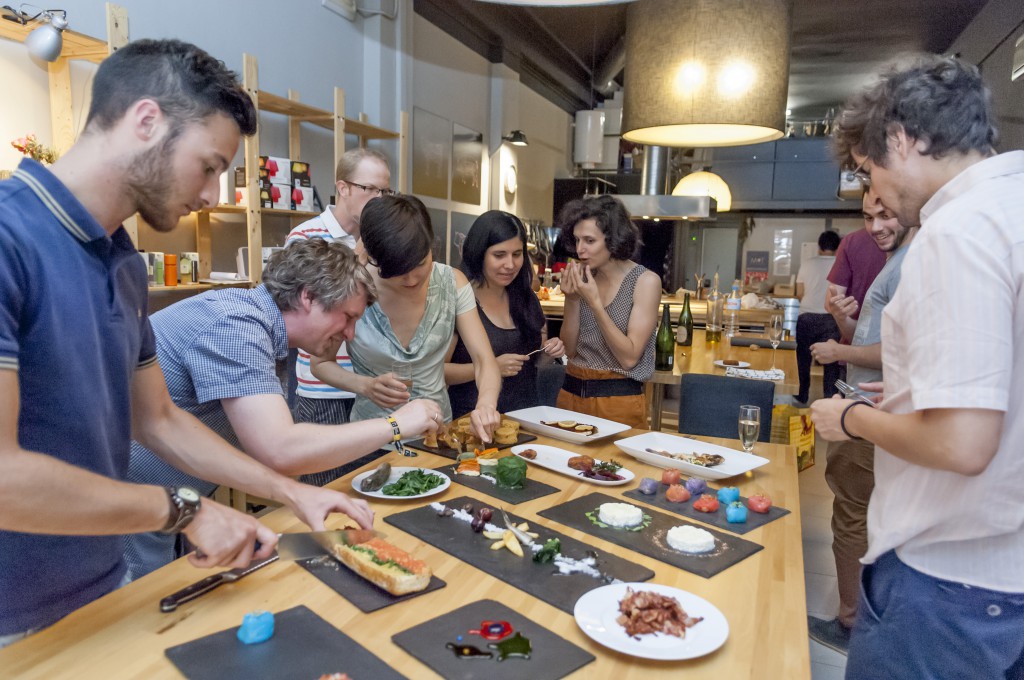
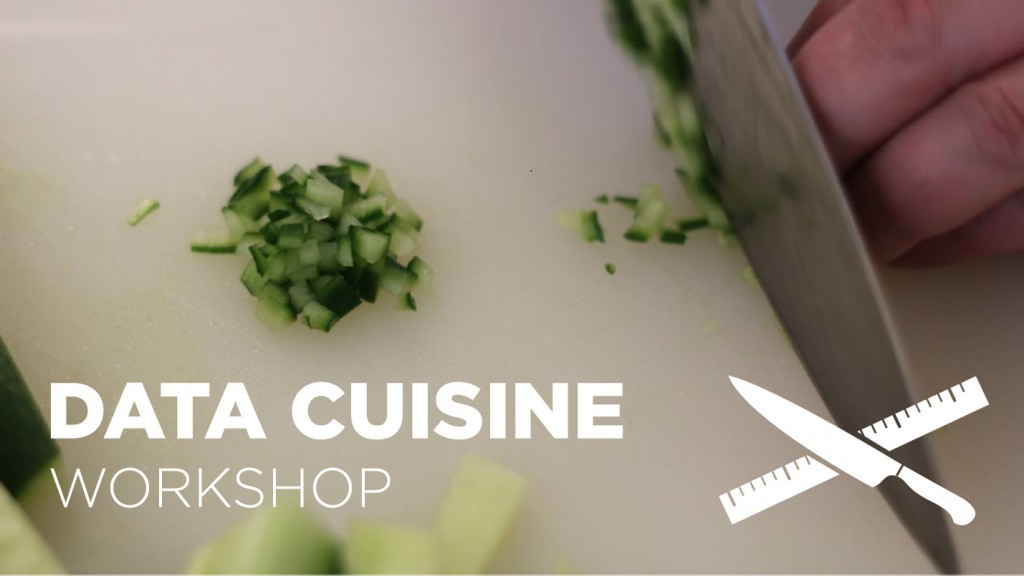


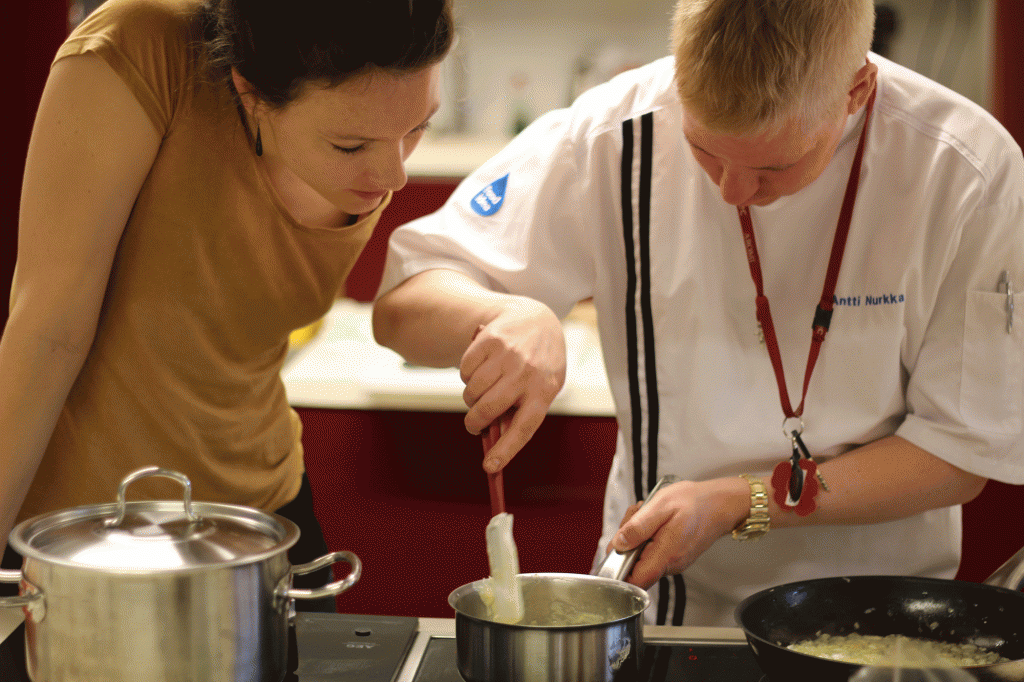
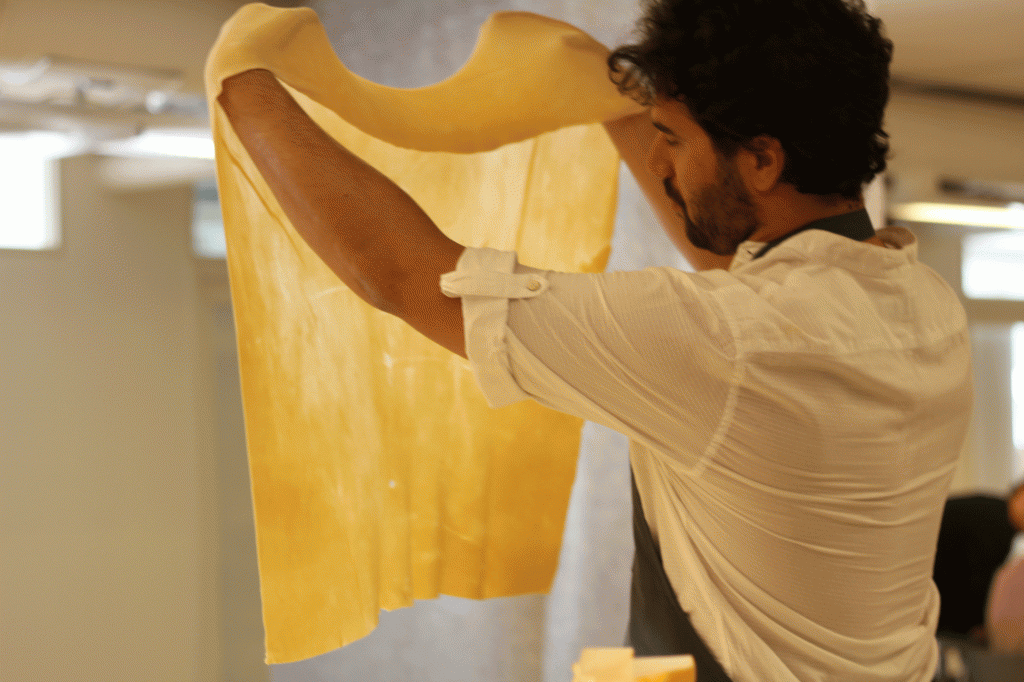
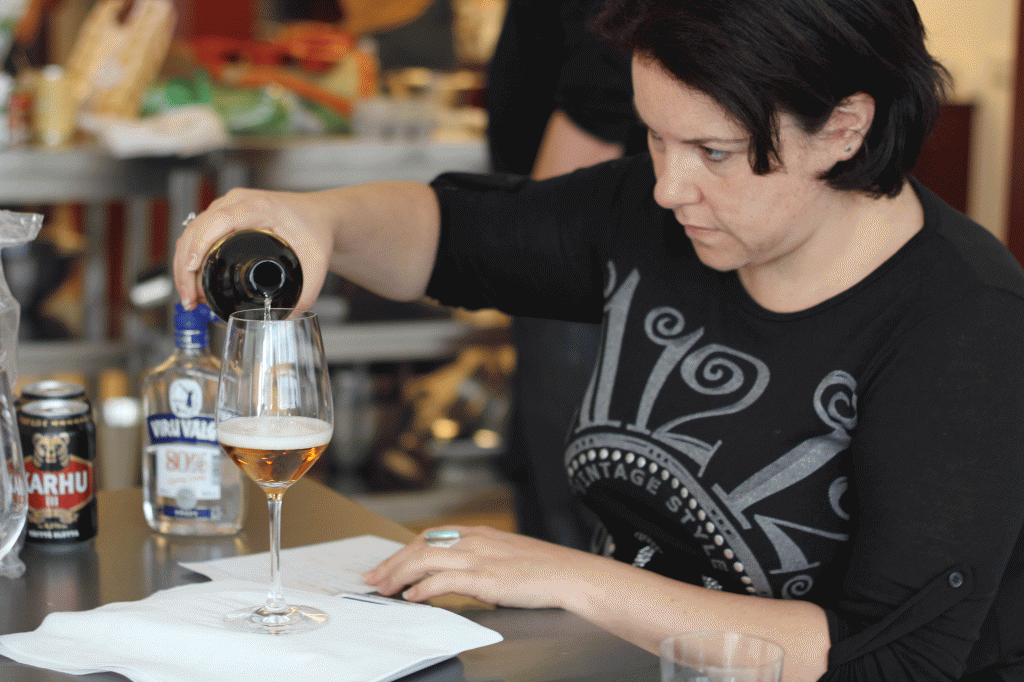
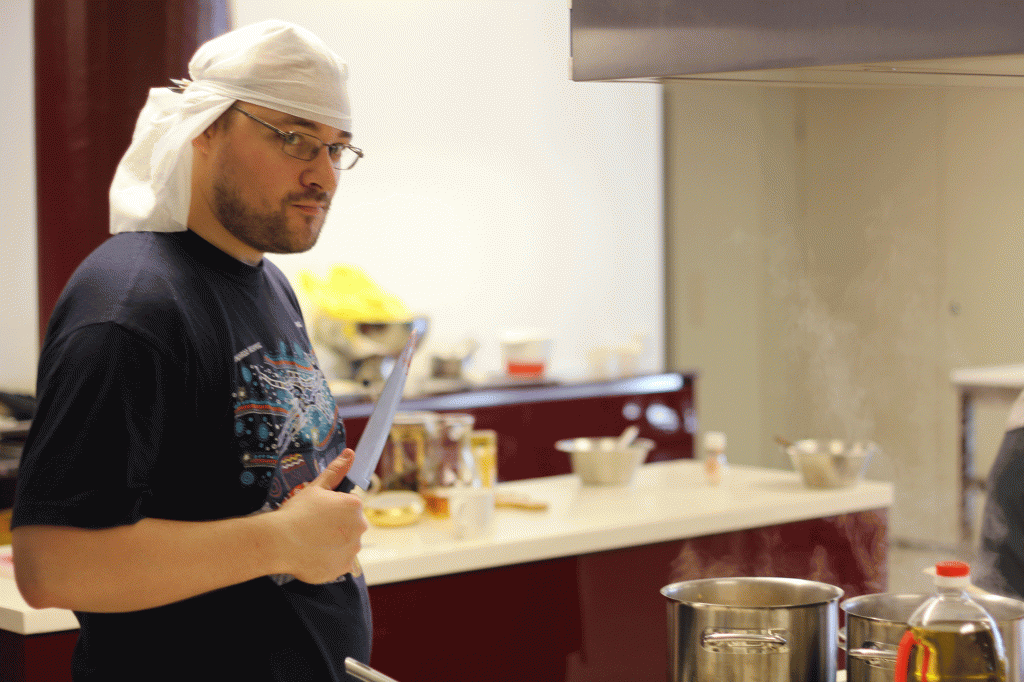
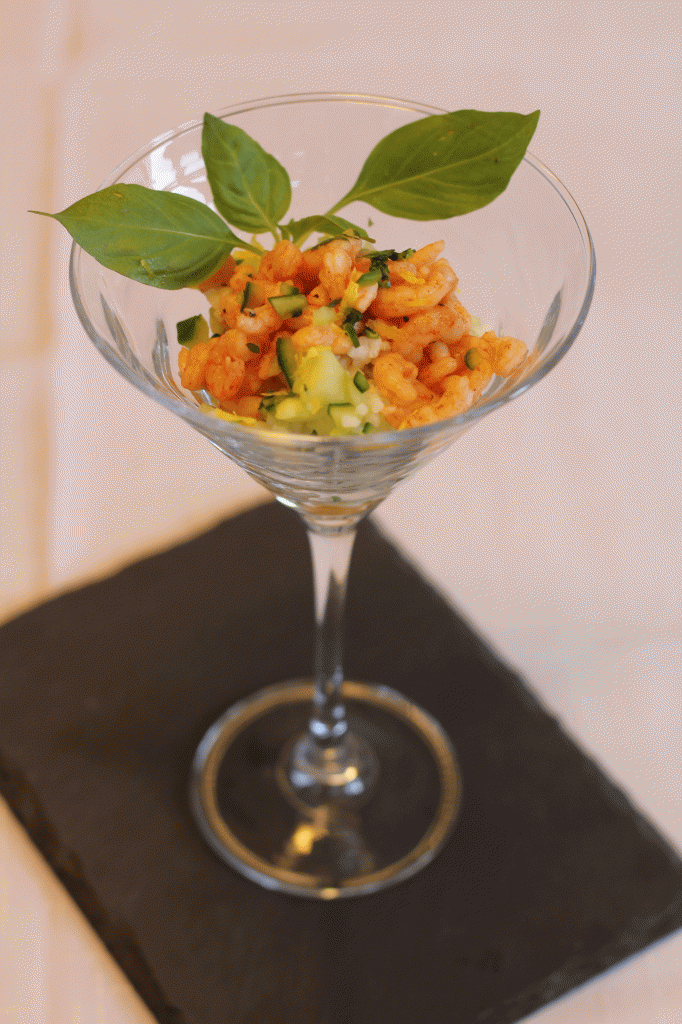
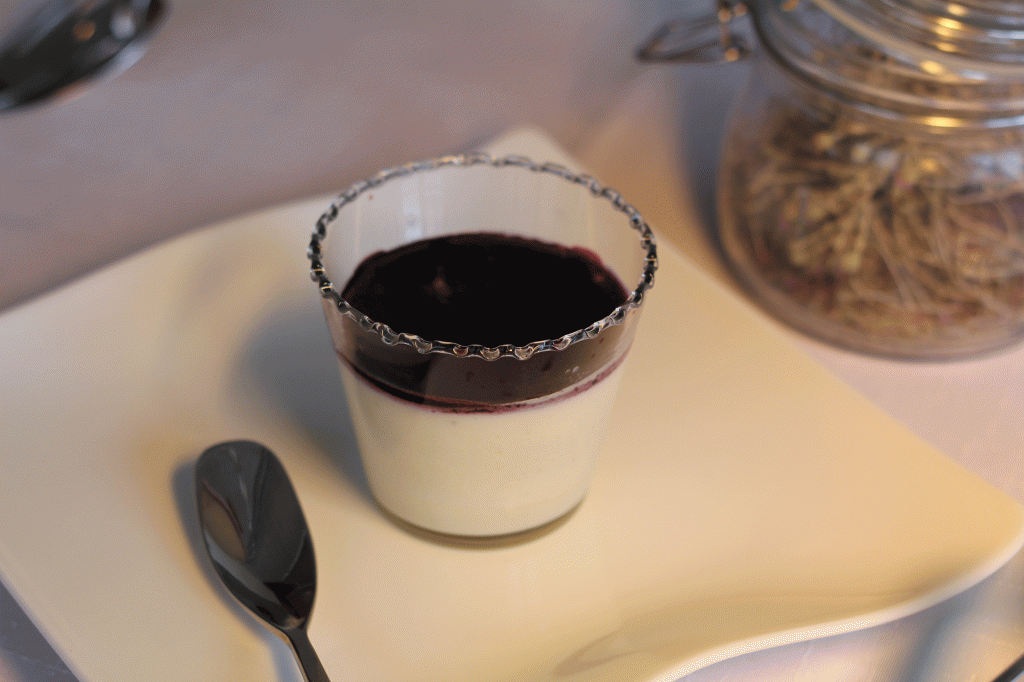
 Blog
Blog